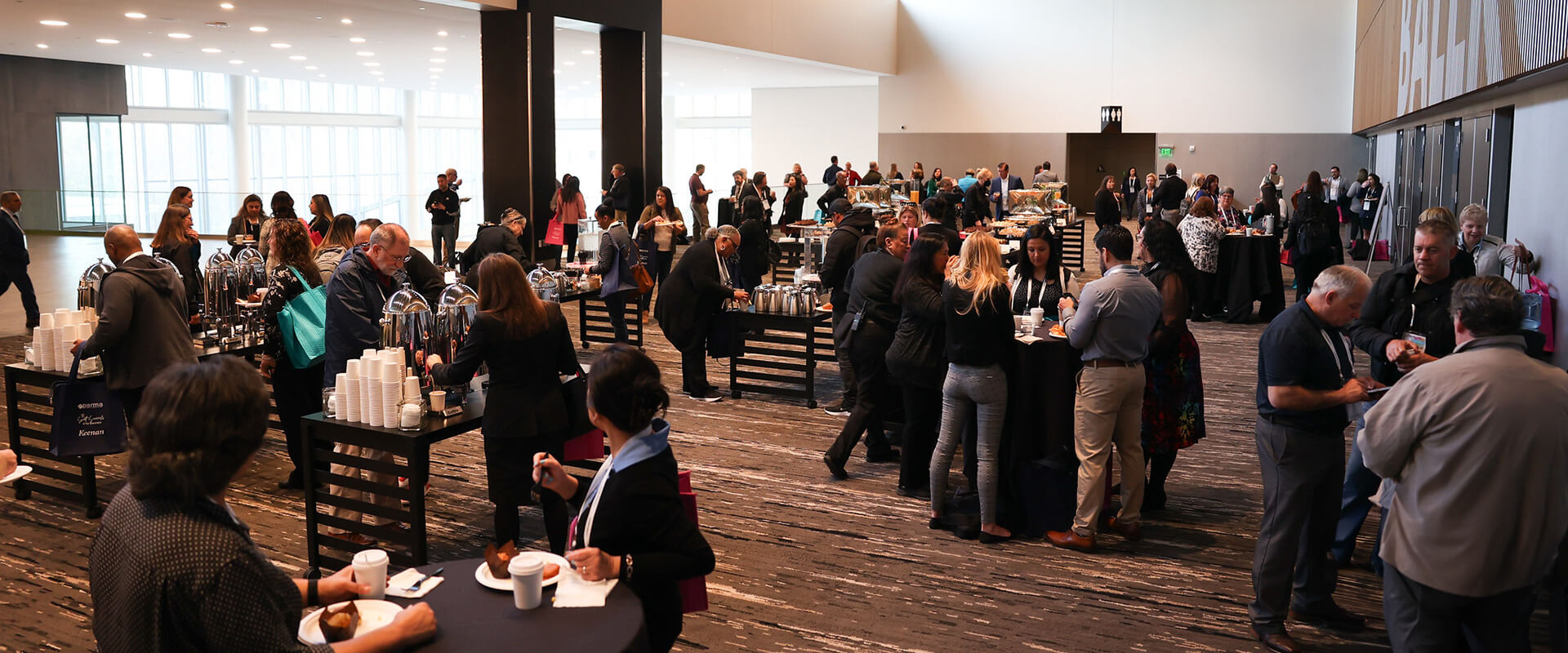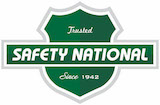Firefighters Endangered During California Blaze, New Report Shows
Poor communication, short staffing and infighting among agencies may have endangered firefighters who nearly died during the massive Mendocino Complex of wildfires in Northern California, according to a new report released.
The Los Angeles Times reported that staff from three fire agencies examined an Aug. 19 incident where Los Angeles and state firefighters were trying to keep the three-week-old blaze from charging through wilderness and reaching homes.












